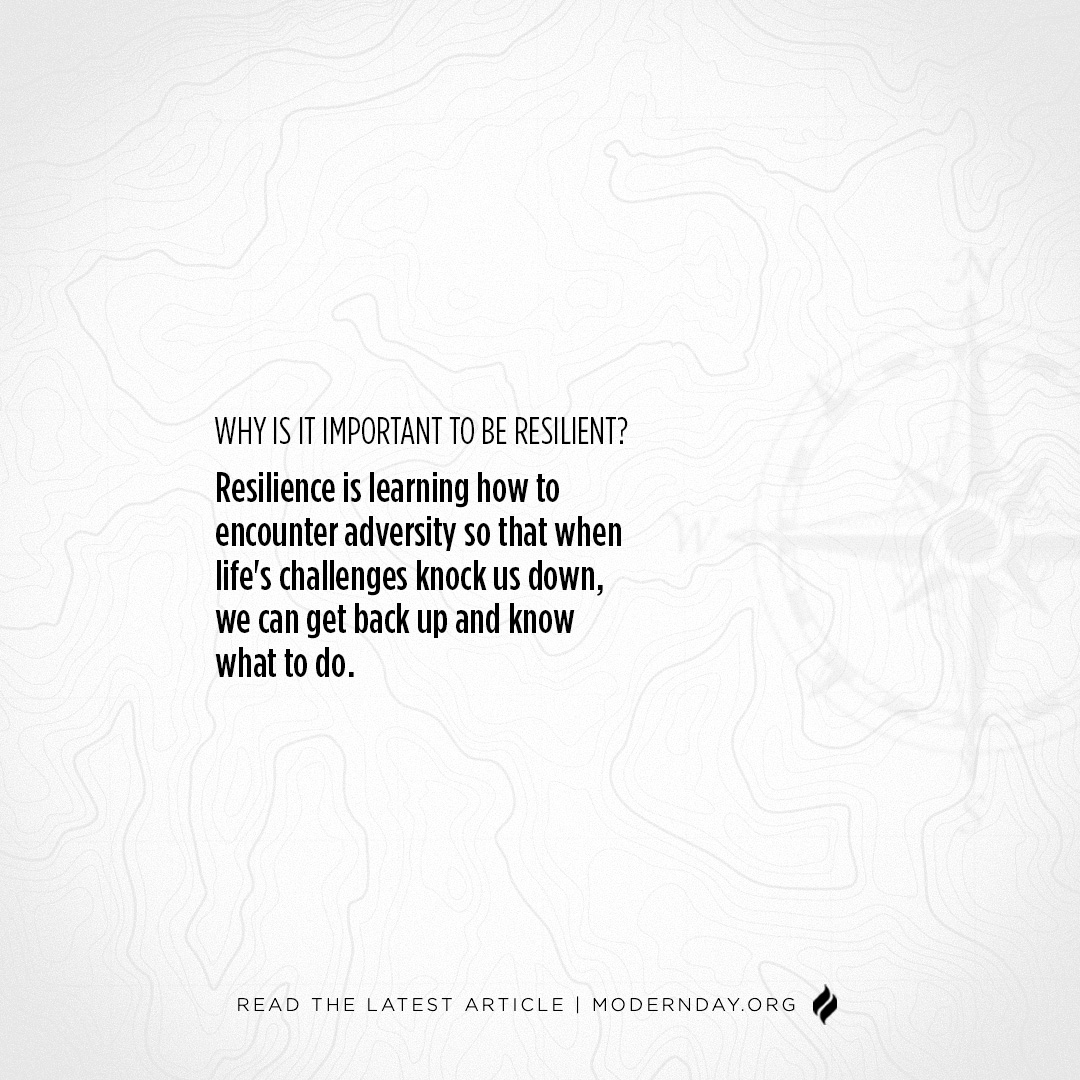EDITOR’S NOTE: The following is the fourth in a six-part series about unity in the Body of Christ. The views expressed in this series are the author’s and are not necessarily endorsed by Modern Day Missions.
The linchpin that has allowed believers to work across doctrinal lines is the issue of theology — the study of God. Namely, believers across the spectrum have unified around the answers to these questions: Is God who he claims to be in Scripture? Does God love what he says he loves and hate what he says he hates according to the Bible? Will God always do what he says he will do and never do what he promises he won’t do in canon? Here, evangelicals have put up clear boundaries between themselves and those who stray from a narrow reading of Scripture.
Rob Bell, who had been a rising start within evangelical Christendom, has been roundly repudiated by cessationists and non-cessationists, credobaptists and paedobaptists, eternal-security believers and conditional-security theorists alike because of his counter-biblical speculations about hell. He lost what little standing he had left among orthodox Christians by endorsing same-sex marriage in 2013. Questioning the Bible’s teachings on judgement and human sexuality seems to be characteristic of the Emergent Church movement of which Bell (the former pastor of Mars Hill Bible Church in Grandville, Mich.) had been a key figure. Other leaders within the reformist-minded movement such as Doug Pagitt (founding pastor of Solomon’s Porch in Minneapolis) and Brian D. McLaren (former pastor of Cedar Ridge Community Church in Spencerville, Md.) have been less explicit on these issues than Bell, but ostensibly have come to the same conclusions.
During a 2011 lecture, theologian D.A. Carson, a renowned New Testament scholar, emphatically identified the Emergent movement as being subversive to the Christian faith. “Now there are a lot of dimensions, it seems to me, where biblical material is simply being slighted by this camp and it is deeply, deeply disturbing,” said Carson, who is a professor at Trinity Evangelical Divinity School in Deerfield, Ill. Emergent leaders, Carson continued, regularly call into question biblical “notions of the wrath of God, what sin is, what the cross really achieves, what propitiation is — these things are right at the heart of the Christian gospel. You don’t play around with them.”
During a 2010 question-and-answer session, former Minneapolis megachurch pastor John Piper was equally dismissive of the idea that the Emergent movement represents authentic Christianity. Piper said the entire movement is “going into heresy. It’s going away from the gospel, away from the Bible.” Piper concluded his remarks on the movement by saying to his audience “I think you will not even hear the term ‘Emergent Church’ in 10 years. I think it will be over and gone. I hope you didn’t get swept up into it.”
The issue of homosexuality has proven a major dividing issue among Christians. In 2012, a new denomination, the Evangelical Covenant Order of Presbyterians, formed to accommodate congregations that fled from the Presbyterian Church (U.S.A.) after it revised its constitution and allowed people in openly same-sex relationships to serve as ministers, deacons and elders. P.C.U.S.A.’s 2011 affirmation of homosexual couples comes despite the fact that God is quoted in the ancient Hebrew Scriptures as referring to homosexual behavior as “detestable.” Paul also warned in his first letter to the Corinthian church that those who practice homosexuality will not “inherit the kingdom of God.”
It is popularly claimed that Jesus Christ never mentioned homosexuality during his three-year ministry. However, he did make a sweeping statement on marriage and sexuality, documented in Matthew 19, that would automatically render same-sex relationships invalid. When asked a question about marriage, according to the Gospel of Matthew, the first words to leave Jesus’ mouth were “Haven’t you read that at the beginning the Creator ‘made them male and female’…?” In Jesus’ pithy response to a question about marriage, he was essentially saying marriage was invalid outside of a male-female context and that sex was invalid outside of a marriage context.
Theological tensions have often flared over the centuries between Calvinists — who believe that God has hand-picked who will be saved, leaving those he has not chosen condemned — and Arminians — who hold that God is pursuing the redemption of every human being. Famously, Methodist stalwarts George Whitefield, a Calvinist, and John Wesley, an Arminian, had a falling out over the issue. They later reconciled and resumed their friendship.
The most intense modern conflict in the Calvinist-Arminian theological rivalry is taking place within a single denomination — the Southern Baptist Convention. A rising crop of Calvinist preachers is trying to bend the denomination more toward its theological disposition — to the chagrin of non-Calvinists. According to the polling organization LifeWay Research, 61 percent of Southern Baptist pastors said they were concerned about the influence Calvinists wield within the convention. In August 2012, 16 prominent Southern Baptists formed a committee designed to broker cooperation between Calvinists and non-Calvinists. It remains to be seen how these tensions will be resolved, but it would not be surprising if this conflict became messier because it is a battle for the doctrinal future of the denomination — an intradenominational dispute rather than an interdenominational one. This makes sense, because doctrinal distinctives are the only reason denominations exist. However, within multi-denominational contexts, as documented earlier, Calvinists and Arminians have cooperated in such organizations as the National Association of Evangelicals, to name the biggest example.
Historically, Arminians have been concerned that those who believe in predestination won’t be motivated to share the gospel with non-Christians — which has been a point of conflict. Yet prominent contemporary Calvinists such as Matt Chandler (pastor of The Village Church in Dallas) place evangelism and disciple-making at the forefront of their ministries. They believe that God has ordained that his elect (whoever they might be) will be saved through the faithful witness of those already in the faith. Even an Arminian denomination such as the Assemblies of God has an article on its website that says “The irony of the disagreement is that Calvinists, who believe in predestination, are sometimes more active in witnessing and evangelism than Arminians who believe that man has a free will and should be encouraged to accept Christ as Savior.”
If you would like to make a financial contribution to Raymond Billy, ClICK HERE!!







